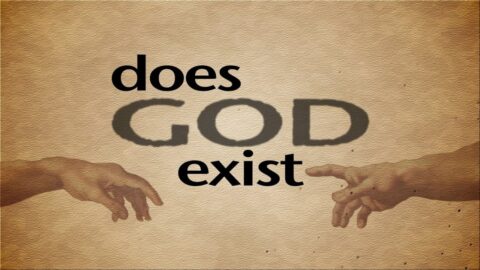PART 1 : Drawing on Cultural Evidence to Argue that God Doesn’t Exist
- You could also suggest that people who are raised in one religion overwhelmingly tend to stick with that religion throughout their lives. Those who were not raised in a religious household, conversely, rarely become religious later.
2.Explain that just because most people believe in God, it is not necessarily true. One common reason for belief in God is that most people believe it. This “common consent” argument might also suppose that because belief in God is so high, such a belief must be natural. However, you can refute this idea by proposing that just because many people believe something, it is not right. For instance, you might explain that belief in the Greek gods was common but is now no longer socially acceptable.
- Suggest that if people are not exposed to religion or the idea of God, they will tend to not believe in God.
- This is known formally as the argument from inconsistent revelations.
- For instance, if God is described in one part of the holy text as forgiving, but later wipes out a whole village or country, you could use this apparent contradiction to demonstrate that God could not exist (or that the holy text is lying).
- In the case of the Bible, often entire verses, stories, and anecdotes were falsified or changed at some point. For instance, Mark 9:29 and John 7:53 to 8:11 contain passages that were copied from other sources. Explain that this demonstrates that holy texts are just a mishmash of creative ideas produced by people, not divinely inspired books.

Comments